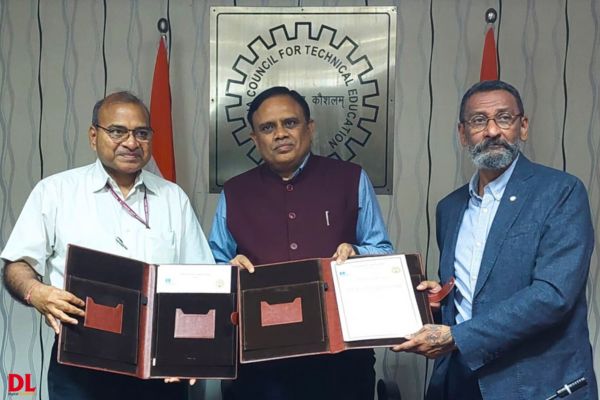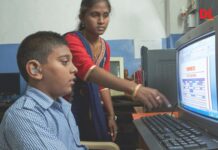
A Memorandum of Understanding (MoU) establishing collaboration in teacher preparation for Social and Emotional Learning (SEL) and Digital Pedagogies has been signed by the UNESCO MGIEP and the All India Council for Technical Education (AICTE). The partnership will put special emphasis on giving students the chance to learn life skills on their own time, developing cooperative academic and research initiatives, and exchanging information and content to foster deeper links between the two sides.
The National Education Policy (NEP) 2020 of India will be implemented with technology’s aid thanks to the agreement between UNESCO MGIEP and AICTE. In order to help teachers strengthen their SEL and digital pedagogy abilities as part of their ongoing professional development, this will entail offering digitally rendered jointly certifiable courses on the Framerspace Digital Platform from the UNESCO MGIEP.
Additionally, the cooperation will concentrate on enhancing students’ knowledge and awareness of issues related to climate change, biodiversity preservation, sustainable development, and social and emotional development. This will be accomplished through conducting collaborative academic research to measure the impact, exchanging ideas and academic papers, and planning shared activities including workshops, seminars, and conferences.
As a result of the relationship, teachers will have greater capacity to integrate SEL and digital pedagogies into their lesson plans, which will improve student learning and engagement. Together, UNESCO MGIEP and AICTE can make sure that Indian students have the skills they need to meet the challenges of the twenty-first century.
In order to find other areas where effective and useful cooperation may be possible within the parameters of the agreement, the MoU also calls for information sharing and dialogue. Any information exchanged between the parties will be governed by their own information disclosure rules and processes.
The collaboration between UNESCO MGIEP and AICTE is anticipated to have a positive effect on Indian education, assisting in preparing students for the challenges of the twenty-first century and fostering a deeper bond between the two institutions.























